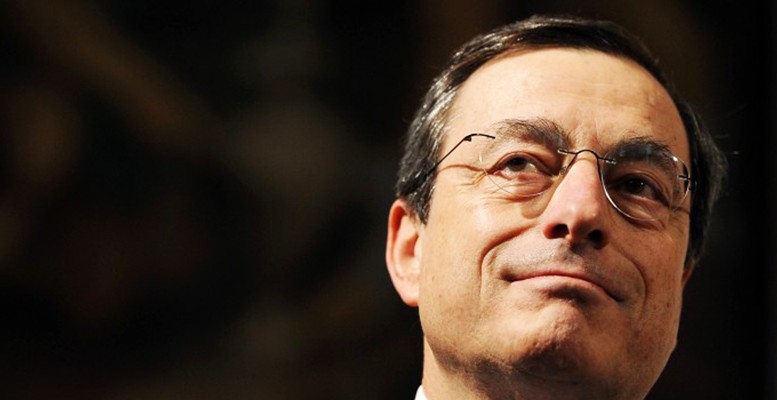Most observers bet the ECB would further extend its current asset purchase programme, shoring up confidence in the face of troubled times ahead. Some believed it might reduce the monthly volume, showing its intent to scale down little by little its massive balance sheet. As the introductory message revealed a sizeable cut in the monthly buying amount to 60 billion euros from 80 billion, the markets reacted swiftly. Bonds plunged as investors discounted a fully-fledged tapering.
Later in the press conference, Draghi downplayed the move, emphasising the unequivocal commitment to reinforcing the APP should conditions deteriorate. So he delivered a half-way tapering move, maintaining the ECB’s full room for manoeuvre to reverse the current move. The mood of the baffled markets quickly changed and bond prices surged dramatically, recovering previous levels. Thus Draghi outwitted those betting on a single course drive in monetary policy by delivering a double trip ticket.
The ECB can hardly stick to any firm commitment. The economy is showing a sustained recovery and deflationary fears appear largely subdued. But huge uncertainties lie ahead. No one knows what the consequences of the Brexit process might be, or of the policies implemented by the new US administration. Upcoming general elections in the major Eurozone countries might also trigger a highly volatile environment, should the polls show a close run for radical anti-European parties.
The switch in APP policy seems a compromise between the hawks on the ECB Council, adamantly opposed to further monetizing public deficits, and the doves who fear anything which would prompt an early tightening. And yet, even if all options remain open in the event an adverse scenario might materialise, the end result still amounts to an outright tapering. At the end of the day, markets will realise that a progressive reduction in asset purchases is underway. A welcome move, since keeping the price of money too low distorts the allocation of resources and fuels undue risk exposure. The sooner the ECB reverses rates to positive territory, the better. It shouldn’t wait until the tapering process is over before taking that step. The clumsy way the Federal Reserve implemented its policy shift should serve as an example of how nervous the markets can become if delivery fails to match promises.





